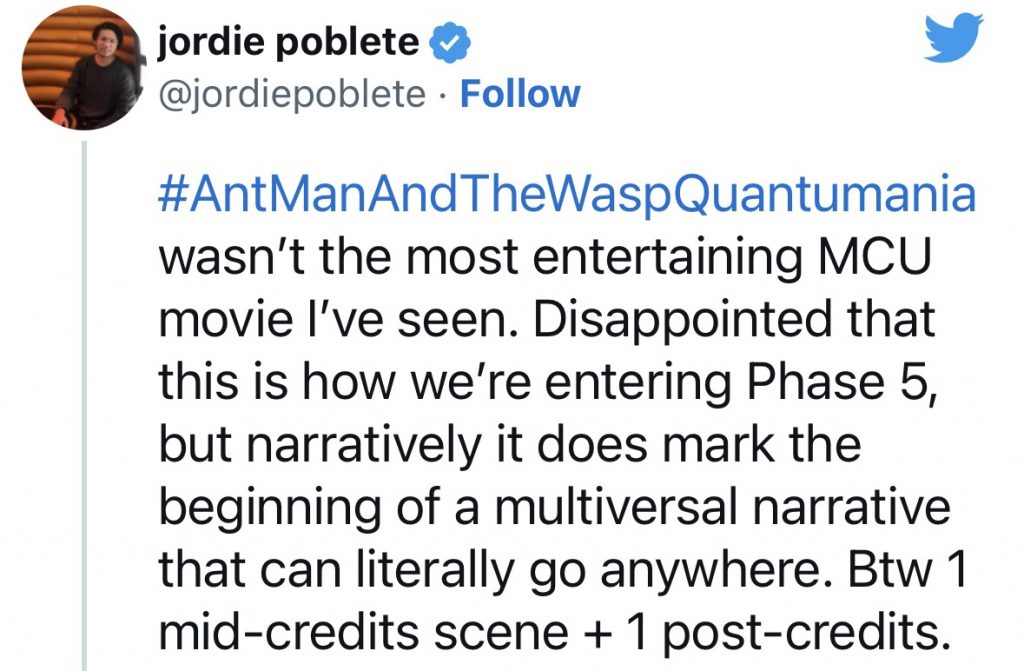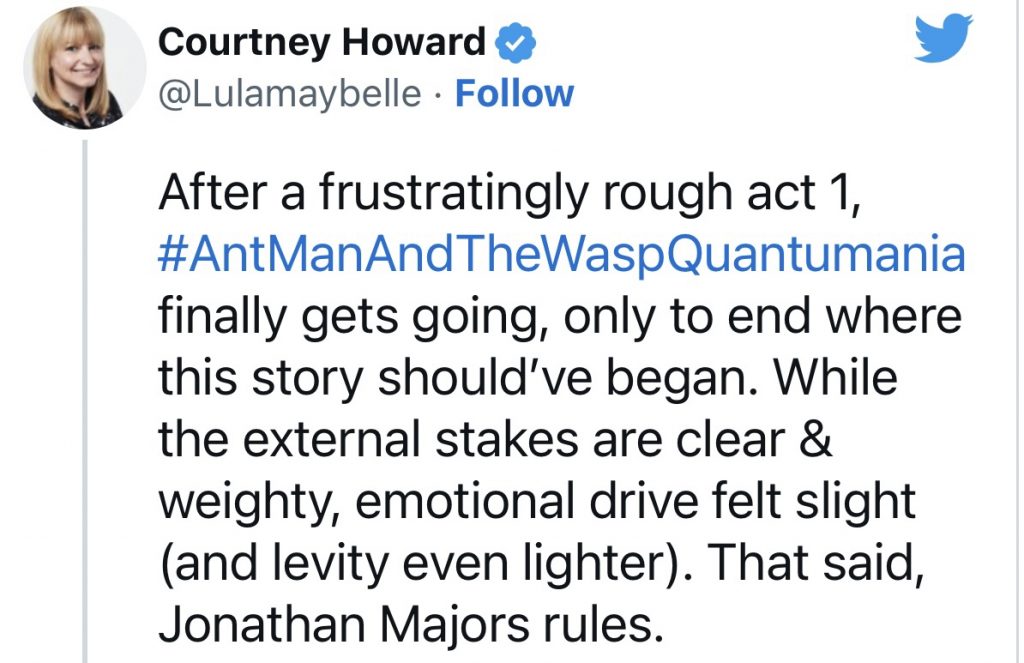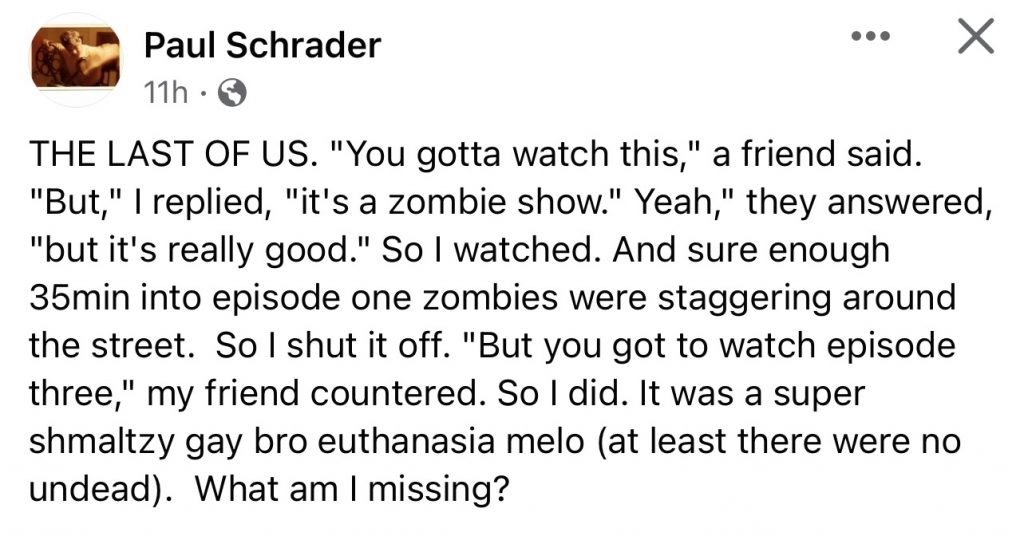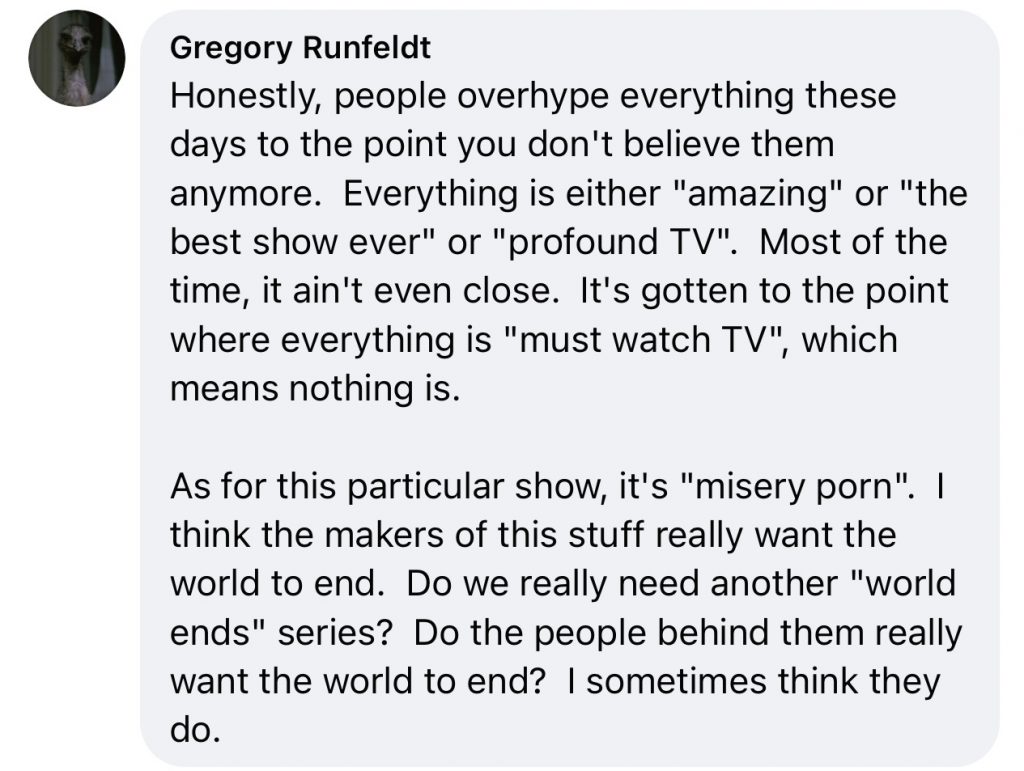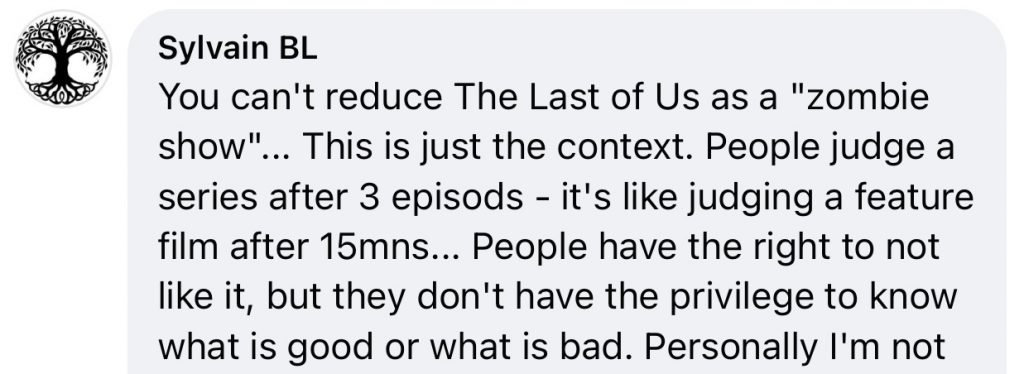The woke take on the Danielle Deadwyler-Viola Davis-Gina-Prince Blythewood shut-out narrative is summed up in two articles — a 2.7.23 Hollywood Reporter piece by Woman King director Gina Prince-Blythewood and Rebecca Keegan, and a day-old BBC.com article by Steven McIntosh, based on a Deadwyler interview.
Friendo #1: “I don’t have a lot of skin in this game. I haven’t seen either Till or To Leslie. But I do have two thoughts regarding this issue.
“1. If anyone bumped Viola Davis or Danielle Deadwyler out of the five Best Actress slots, it was Michelle Williams. I don’t know a single person who likes her performance, and quite a few think she’s downright terrible in The Fabelmans, (I personally think she’s basically ‘meh’ in the film). So when I saw she was nominated, I was totally gobsmacked.
“2. The fact that an Asian woman (Michelle Yeoh) and a Latina (Ana de Armas) were nominated means 40% of the nominees in the Best Actress category are minorities. The fact that Gina Prince-Blythewood and Danielle Deadwyler are now accusing the Academy of being ‘so white’ again says to me that the people following this path are showing that they have little or no solidarity with other minorities and people of color. It’s not a good look, and I don’t think will gain them a lot of sympathy.”


Friendo #2: “In the grand scheme of things, who cares if Dave Karger interviews you onstage at the Santa Barbara Film Festival? And I do think that Riseborough had something to lose. The woke ‘take’ on this (I put take in quotes because I think the take is insane — absolutely psychotic) is that there was something racist in what went down. Who wants to show up for an interview, even with Dave ‘Softball’ Karger, and confront a hint of that kind of energy in the room? Riseborough was totally right to sidestep the whole thing until the ‘racist’ taint blows over.”
Friendo #3: “The Michelle Williams theory is dumb. She was ALWAYS a presumptive nominee. These Fabelmans haters really have a hard time with certain aspects of reality, and her performance is exactly what it’s meant to be.
“I certainly agree it wasn’t Riseborough’s intent to push Deadwyler out. But that’s the perception of what happened, and with Prince-Blythewood weighing in and all the other factors, the hurt feelings and accusations of systemic racism are gonna continue.
“And if people like Prince-Blythewood keep making simplistic gender and race-reversed stuff like The Woman King with the expectation that Hollywood is just gonna reflexively give them awards for them, the whole mess is only gonna get worse. Miss me with that nonsense.
“And yeah, if I were Deadwyler’s rep, I’d absolutely say ‘if Riseborough comes to Santa Barbara, we’re out.’
“It’s equally plausible that Santa Barbara honchos saw the writing on the wall and exercised prior restraint.”
Friendo #4: “Perhaps Deadwyler did’t push hard enough. She may have figured that she had a significant boxcheck in her favor — a woman of color playing a grieving mother of a victim on a hate crime — and that wasn’t enough. As far as the Santa Barbara thing goes, it’s a shame that there’s not going to be an intelligent discussion or maybe even a debate between Deadwyler and Riseborough…not a Maury Povich-Geraldo Rivera knock-0down, drag-out brawl but an elevated mutually respected woman-to-woman discussion about what they both did and how this has all played out.”








